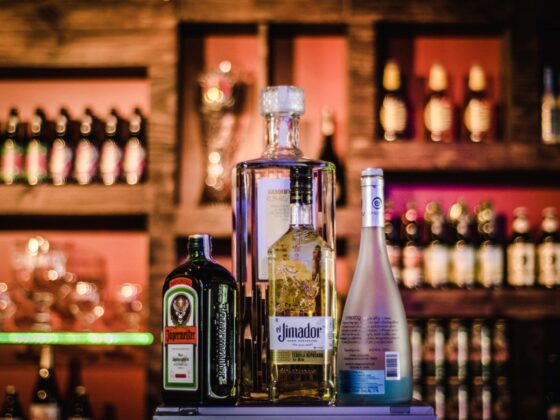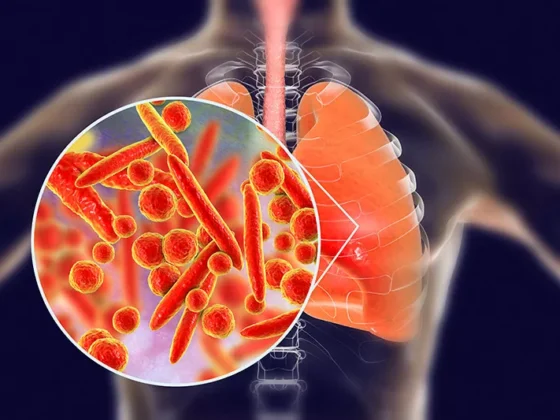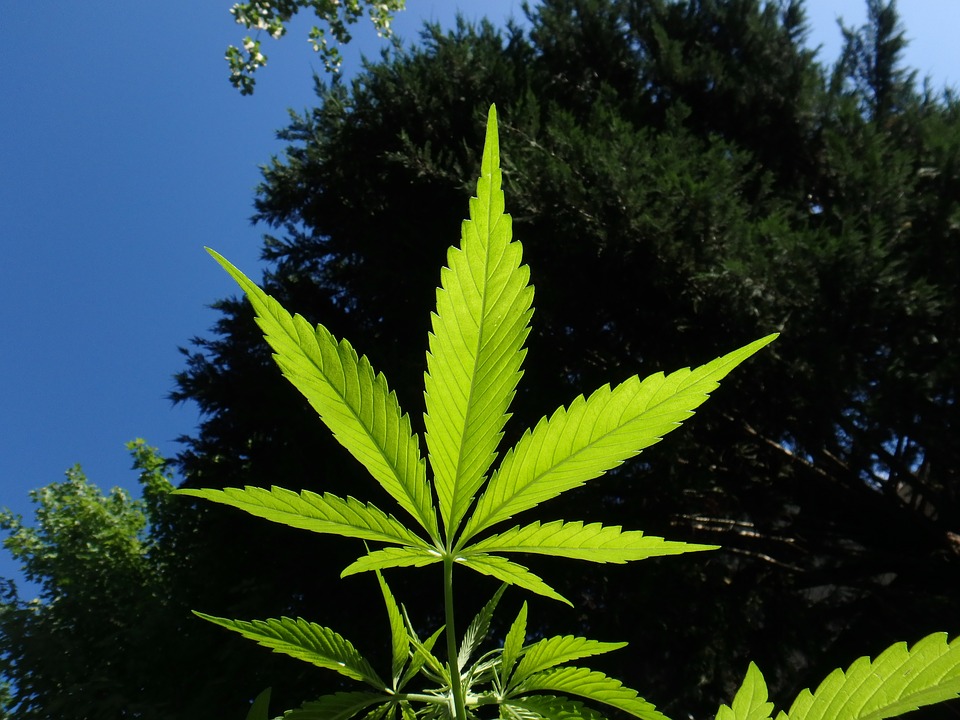Over the years there have been a lot of misconceptions and myths around heart blockages, that today people are more informed about. A person can live with a 100% blockage, and still have the blood supply to his heart and not get a heart attack, hence a blockage is not an emergency.
In fact, the biggest myth is that the size of the blockage determines the supply of blood to your heart. Well, a 50% blockage does not mean that your blood supply to the heart reduces by 50%.
While most people believe that in case of blockages, Angioplasty or Bypass are the only option, it is important to note that they have no real benefit over medicine management.
However, nobody can predict a heart attack and blockages have a limited role to play in that case. But most people are opting for non-invasive treatment because it is painless, cost effective and with zero side effects.
Post-surgery, there are a lot of complications that may arise, the medicines can have various other side effects and the symptoms such as breathlessness and chest pain can appear again.
In the ongoing sedentary lifestyle, chances of getting addicted to a lazy attitude with no exercise and improper diet are fairly high. According to studies, the proportion of people below 40 having a heart attack has been increasing, rising by 2 percent each year for the last 10 years. Ayurveda, the traditional practice of healing and medicine, is highly effective when it comes to preventing heart ailments or cardiovascular diseases from the time a person turns 18. According to Ayurveda, depending on your prakriti – Kapha, Pitta, Vata, there are different kinds of foods you should consume for heart health, said Mr. Vikas Chawla, Founder and Director, Vedas Cure.
Arjun ki Chaal (Vata people) with strong antioxidant and anti-inflammatory properties is extremely beneficial in managing high cholesterol levels. It improves the level of good cholesterol levels. Another very common spice found in each of our Indian kitchens in Cinnamon (Dalchini for Kapha people) acts as a powerful anticoagulant; it also lowers blood pressure and relieves inflammation caused by arthritis and other inflammatory conditions. Cinnamon intake with warm water in the morning is also effective in people suffering from heart conditions. An easy home remedy is to consume the fruit of ‘Papaya’. The fruit is rich in antioxidants vitamin A, vitamin C, and vitamin E. If a person takes a diet high in antioxidants, it will significantly reduce the risk of heart disease. The antioxidants prevent the oxidation of cholesterol. When cholesterol oxidizes, it’s more likely to create blockages that lead to heart disease, he added.
Ashwagandha or Indian ginseng recommended for Vata people, is a fairly small shrub with small pale green flowers, simple leaves and red berries. Most of the benefits from ashwagandha are from the root and the leaves. The leaves are most commonly used in teas. It reduced levels of cholesterol by an average of 17 per cent in a 60-day study of chronically stressed adults. It also reduces cortisol levels in the body which is the stress hormone.











